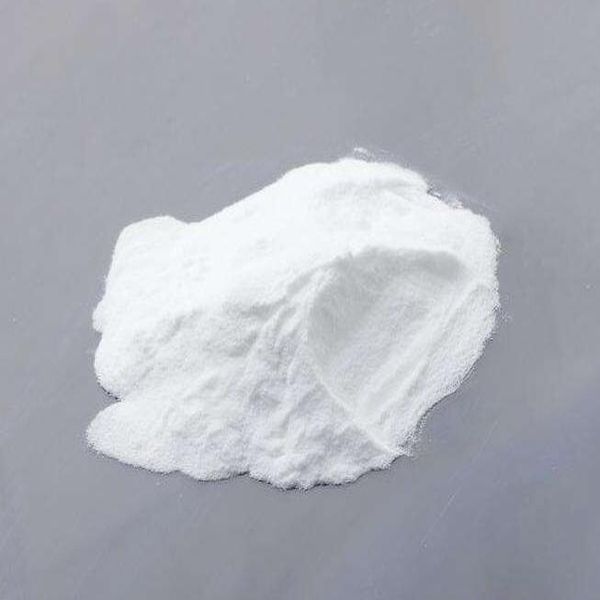Ampicillin is a broad-spectrum antibiotic, and the antibacterial effect of logarithmic G bacteria is not as good as penicillin G, and its effect on negative bacilli exceeds penicillin. The mechanism of action is the same as penicillin. However, Enterococcus is more sensitive to this product, and its effect on G-bacilli is weaker than that of kanamycin and gentamicin, similar to tetracycline, and it has a strong antibacterial effect on typhoid bacillus and E. coli. Pseudomonas aeruginosa and Staphylococcus aureus are This product is resistant.
The antibacterial mechanism of ampicillin is to inhibit and prevent the synthesis of bacterial cell wall by acting on the bacterial cell wall, so it can not only inhibit its proliferation, but also directly kill various sensitive bacteria. It has the best effect on the sensitive bacteria in all stages of reproduction.
Its anti-Gram-positive bacteria are similar to penicillin, especially for Streptococcus aureus and Enterococcus, but less effective for other Gram-positive bacteria, especially for penicillin-resistant Staphylococcus aureus.
In the spectrum of action against Gram-negative bacteria, it is sensitive to E. coli, typhoid and paratyphoid bacillus, dysentery bacillus, proteus mirabilis, influenza bacillus, etc., but is prone to drug resistance.
Mainly used for the treatment of sepsis, urinary tract infection, lung infection, biliary tract infection caused by sensitive bacteria; the treatment of typhoid fever and paratyphoid fever is similar to chloramphenicol. This product has a high concentration of cerebrospinal fluid when the meninges are inflamed. It is also suitable for the treatment of meningitis caused by pneumococci, meningococcus and influenza bacillus. Combined with other semi-synthetic penicillins, aminoglycosides and chloramphenicol, etc. can enhance the efficacy. It is used to treat respiratory tract infections, gastrointestinal tract infections, urinary tract infections, soft tissue infections, meningitis, septicemia, and heart caused by sensitive G bacteria and influenza bacillus, typhoid bacillus, gonococcus, meningococcus, and E. coli. Meningitis and so on.
Post time: Apr-29-2020
